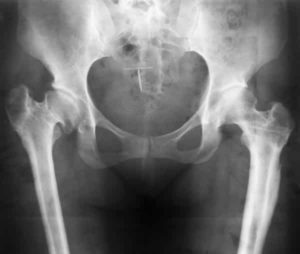IUDs like Paragard have become extremely popular over the past few decades. Planned Parenthood has reported a 75% increase in IUD use since 2008. When these devices work correctly, they can be an effective and easy form of birth control. However, there have also been widespread reports of serious issues caused by IUD birth control devices.

IUDs come in two different types of devices - non-hormonal copper IUDs (such as Paragard) and hormonal IUDs (like Liletta, Mirena, and Skyla). Both types of IUDs are extremely popular.
Patients who have had positive experiences with them praise a lack of hormonal side effects compared to the pill. But unfortunately, there have also been many cases of IUD users suffering from serious injuries and devastating side effects.
Some of these users have been exploring their legal options, including a potential lawsuit against the makers of Paragard.
Copper IUDs like Paragard can cause extremely painful problems in some patients who use these devices.
In some cases, copper IUD users can develop ectopic pregnancies, which is when a fetus develops outside of the womb. An article on this subject by Vice details the story of Saskia Longaretti - a musician who discovered she had developed an ectopic pregnancy after going to see doctors for unbearable pain. She needed to go into surgery to remove the fetus and the ruptured fallopian tube the pregnancy had caused.
Longaretti's dodctor initially assumed that her abdominal pain, five-week period, and the big, hard lump on her cervix were caused by stress-induced irritable bowel syndrome. He did not even realize that ectopic pregnancies could develop in copper IUD users.
Some copper IUD users have reported suffering from intense physical pain after having the device installed. There has been at least one case of an IUD getting lost inside of a patient because the device was too large for the patient's small cervix.
Women with smaller cervixes have reported suffering from strong pain during the insertion process. Some doctors believe that only women who have previously given birth should use IUDs, as their cervixes are bigger, which makes insertion easier.
A Mexican study backs up this theory. The study found that more than 70 percent of women who had never given birth stopped using the Paragard TCu 380 A model within one year, mostly due to pain and bleeding caused by the device.
Our defective drug lawyers are currently offering free consultations to anyone affected by IUD-related injuries. We believe that Paragard may have been negligent in its failure to protect its consumers from preventable injuries.
If you or a loved one has suffered painful injuries that you believe were caused by a Paragard IUD, we're prepared to help you take legal action against the manufacturers of Paragard. Contact us today to learn more about your legal rights in a free consultation.